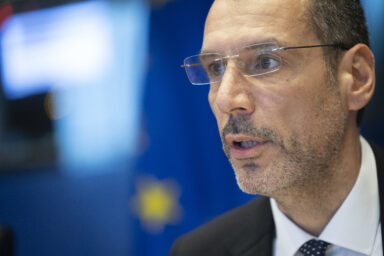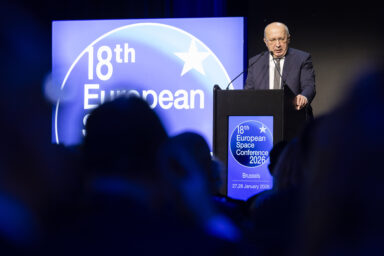The EU and Moldova have reached an agreement to review and update the trade terms of the EU-Moldova Deep and Comprehensive Free Trade Area on Thursday, 24 June. Under the terms of the agreement, selected Moldovan agricultural exports should get free access to the EU market. The updated agreement aims to support Moldova’s European ambitions.
While most Moldovan exports already benefit from duty-free access under the existing EU-Moldova Association Agreement, the revised terms offer further opportunities for both sides. The agreement takes into account the sensitivities of certain agricultural sectors.
The EU has agreed to increase access for the Moldovan agricultural exports not yet liberalised. These include plums, table grapes, apples, cherries, grape juice, tomatoes, and garlic.
New market access for Moldovan products is conditional on the gradual alignment of Moldova to relevant EU production standards, such as the use of pesticides. This approach is consistent with the logic of Moldova’s EU accession process and the adoption of the EU acquis.
You might be interested
For its part, Moldova has agreed to improve access for certain EU agricultural exports. Quotas will be increased for pork and poultry, and new tariff quotas will be offered for frozen boneless meat, milk and butter.
The Commission will adopt in the coming days a proposal for a decision of the Council, for it to endorse the agreement. The agreement will then be formally adopted by the EU-Moldova Association Committee.
Agriculture as a backbone of Moldova’s economy
Moldova has a population just below 2.5 million and ranks among the least developed European countries. Much of Moldova’s territory is covered by fertile soil and agriculture has traditionally played a major role in Moldova’s economy. Currently agricultural sector accounts for some 20% of workforce. That is why access to European countries is of crucial importance for the country.
Regarding relations with the EU, the Moldova’s society remains deeply divided. The EU membership constitutional referendum organised in October 2024 went through with only a razor-thin majority (50.35% vs. 49.65%). A large part of the population favours close relations with Russia.











